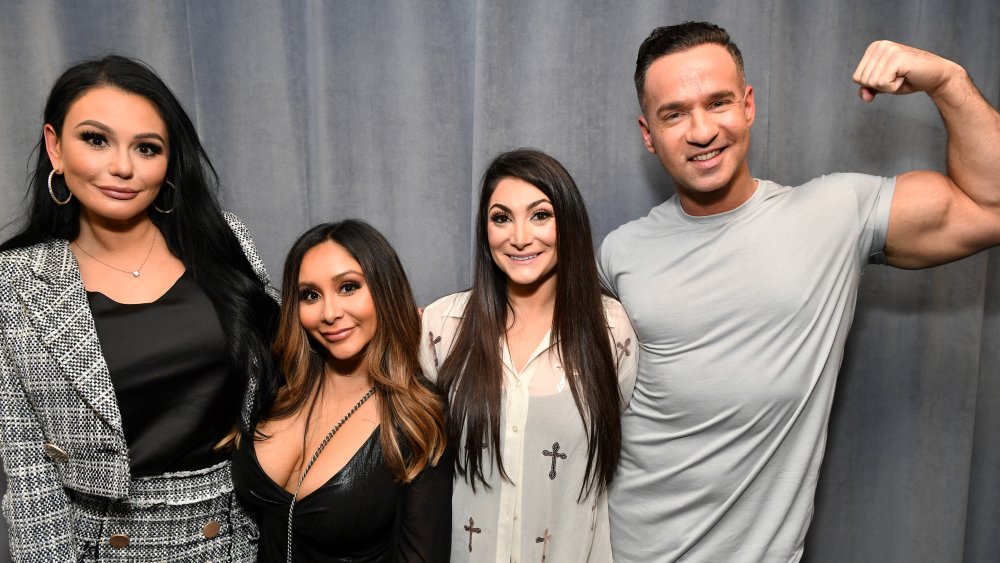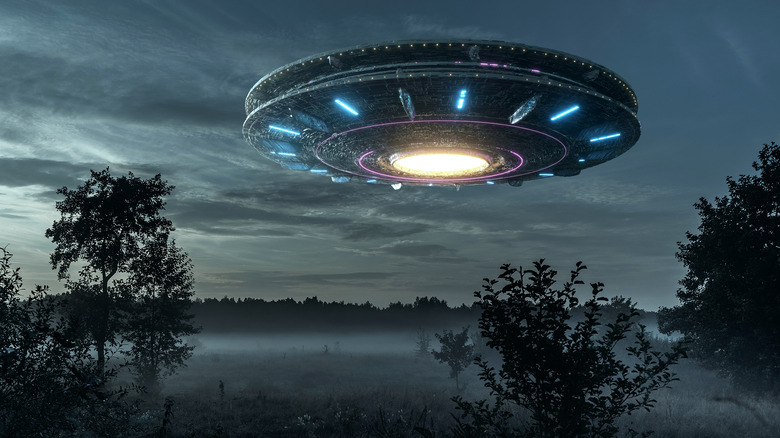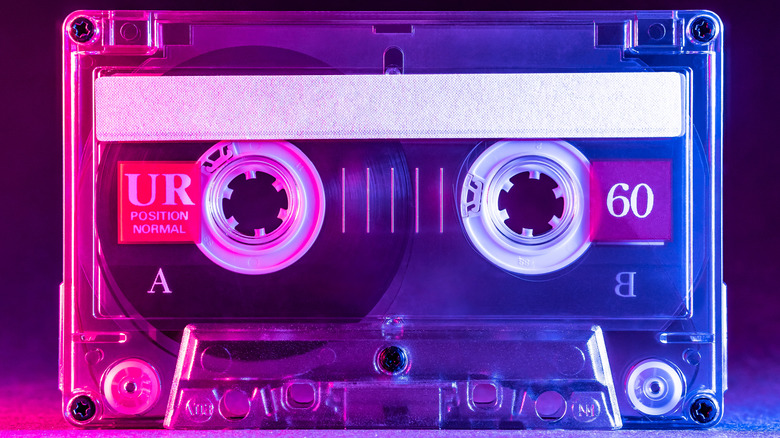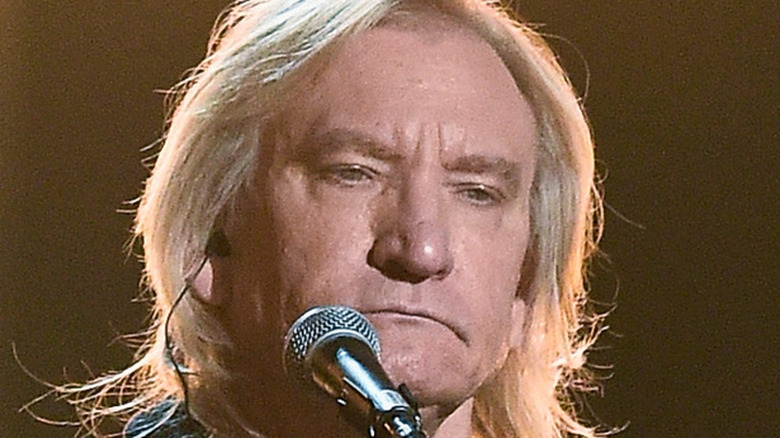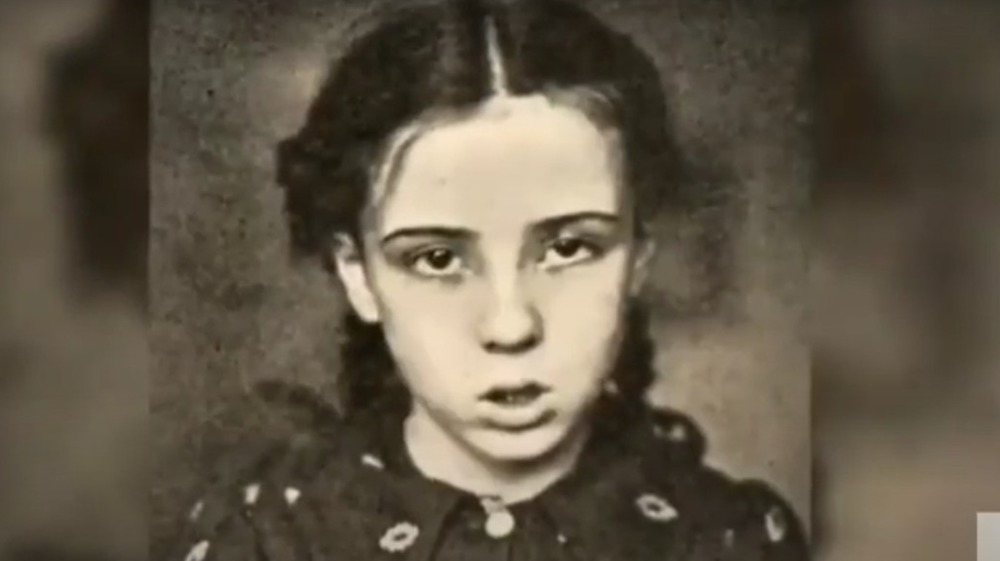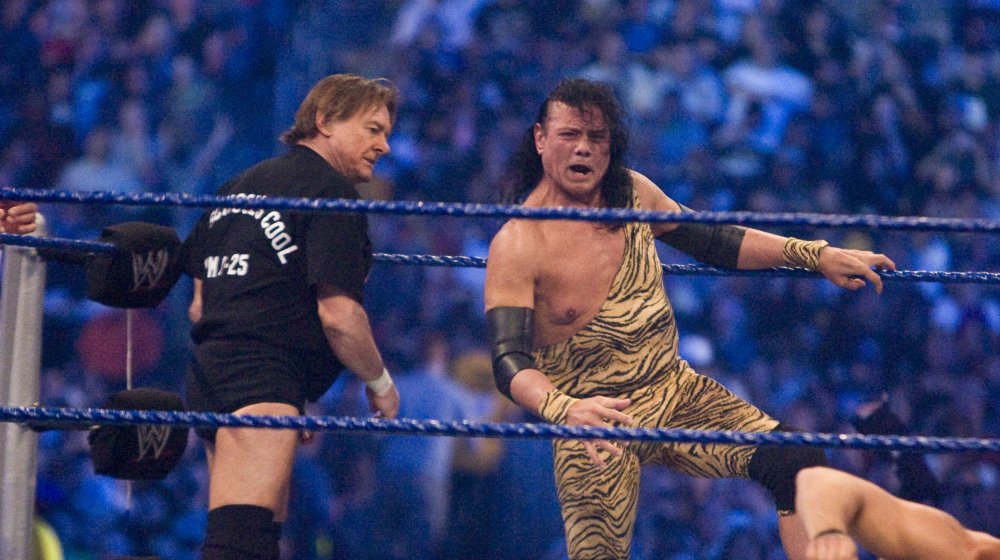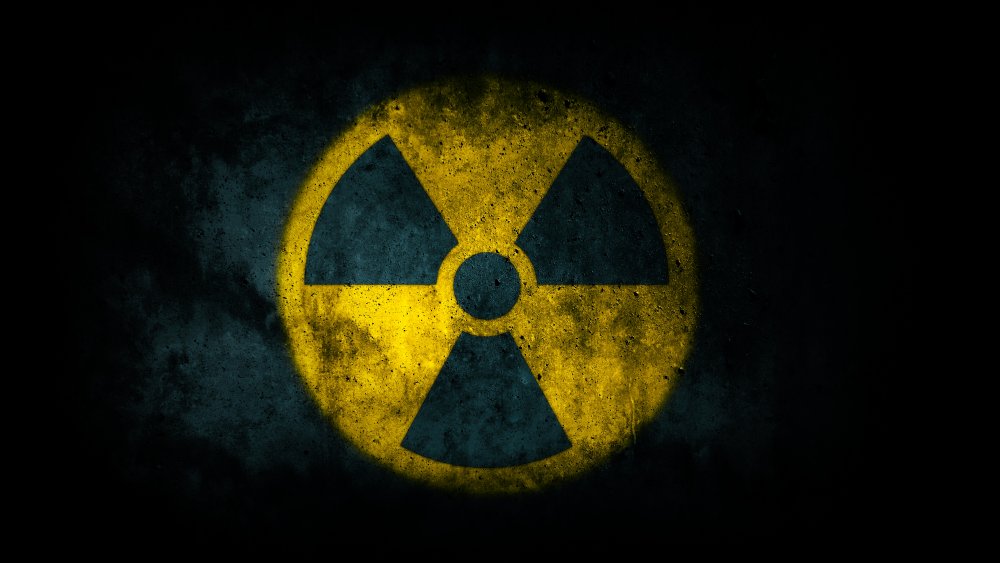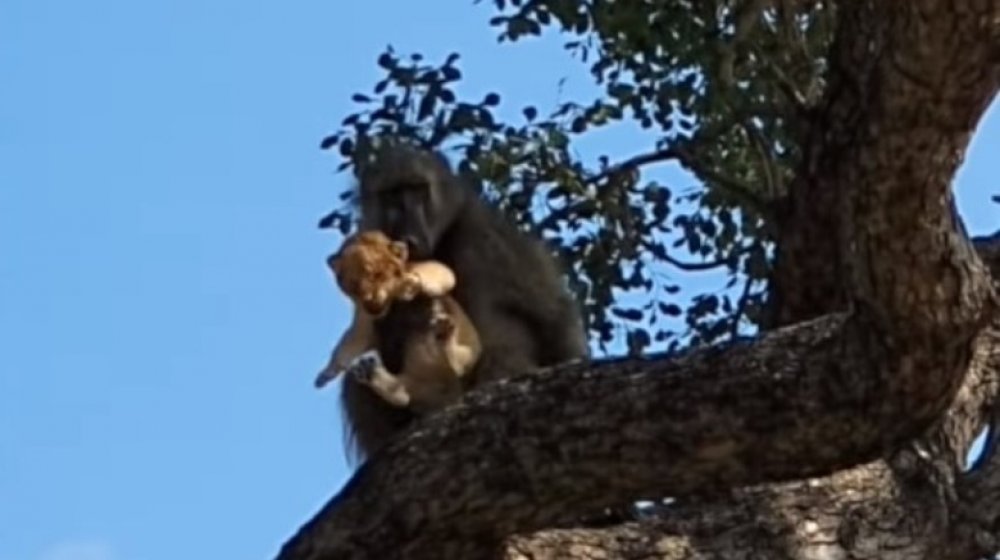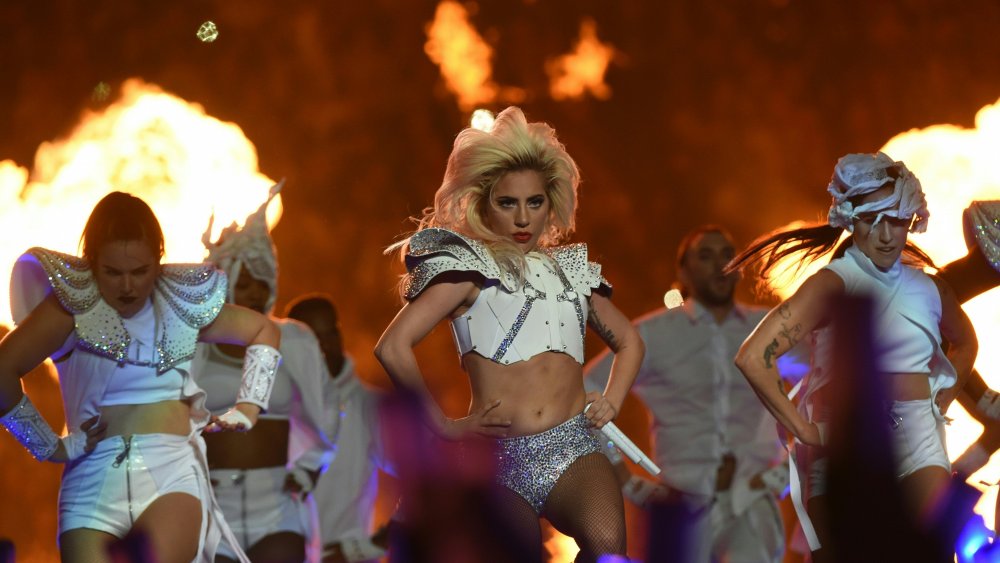
The Real Reason MTV Stopped Playing Music Videos
Ah, the good old days of MTV, back when music was music, and MTV played and showed plenty of it. There was “120 Minutes” with Matt Pinfield in the wee hours of the morning, “Yo! MTV Raps” riding the wave of rap’s newfound mainstream acceptance, “Unplugged” sessions redefining band’s entire legacies, and animated series like “Beavis and Butthead” riffing on MTV’s very watchers; Gen-Xers wallowing in the futility of existence. Ah, those were the days.
Before MTV turned turncoat on reality by popularizing the “reality TV” movement of cameras-always-in-faces shows like “Road Rules” and “The Real World.” Before “Jersey Shore,” “MTV Spring Break,” and “Singled Out,” where a pre-anti-vaxxer Jenny McCarthy helped host a dating game show. Ah, yes, those were even more days.
MTV has come far since its founding in 1981, and also swung far from its original acronym: Music Television. A network that used to be iconically countercultural has become ironically mainstream. A quick perusal of MTV.com depicts an unrecognizable swamp of offerings that include shows like “Teen Mom 2” (the sequel?), “Revenge Prank,” and “Catfish.” Unless any of those shows has anything to do with music (maybe a teen mom acoustic tour?) then MTV has absolutely jumped the shark when it comes to upholding their original vision.
But has MTV merely evolved with the times? Are they still trying to be cool and represent “the youths”? Or, are they just dogfighting for ratings? What happened to all the music videos?
Video killed the radio star
According to CNET, MTV VJ Adam Curry said that MTV actually never really made a lot of money from playing music videos 24-7. Financially, even during the best of times in the mid-80’s, MTV was more or less staying afloat. That is, until it started introducing game shows and diversifying its network (even its first game show, “Remote Control”, was hugely popular in comparison to music videos). VJs took the role of pre-YouTube video celebrities, and fostered a culture that tried to cater programming to MTV’s music-watching base, but also noting that people watching music videos wasn’t going to keep the lights on forever.
On that note, as explained in Hornet, if MTV didn’t change it would have become known merely as “the nostalgia channel.” All things, including music, changed, and so MTV attempted to not grow into an old, calcified version of itself that resembled its aging audience. In fact, there’s a fair degree of internet blowback against nostalgia-hunters who whine about how MTV has changed. Additionally, all of the much-reviled non-music programming on MTV allowed it to attempt to keep up with generational changes in tastes and preferences.
Finally, there is simply no way, in 2020, that MTV can compete with YouTube when it comes to watching music videos. If MTV had launched YouTube, things might look different, but as it stands, MTV would be wise to let YouTube claim its old role for those who want to watch music videos all day.

What You Might Not Know About Aristotle's Childhood

How Ghislaine Maxwell Evaded Prison For So Long

This Is What Happened To Virginia's Robert E. Lee Statue After Its Removal

How Were Vestal Virgins Chosen?

Do The Great Lakes Have Tides?
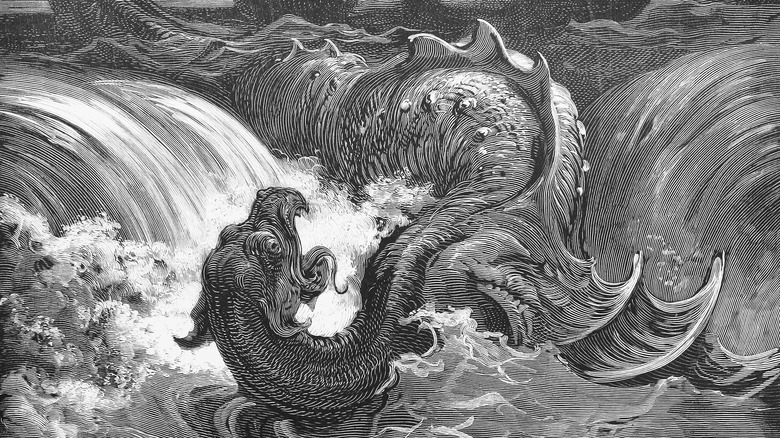
The Meaning Of The Leviathan In The Bible Explained
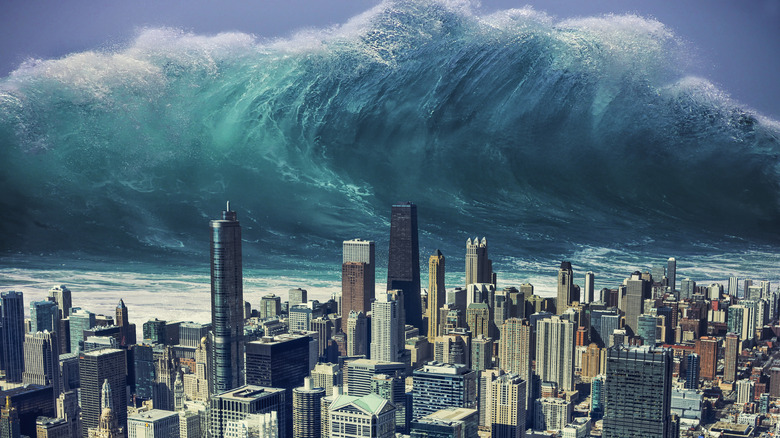
The Truth About The Biggest Tsunami Ever Recorded
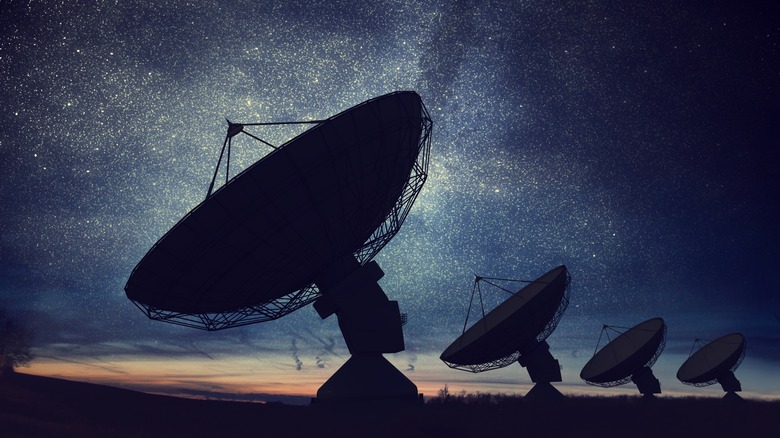
The Truth About The Mysterious 'Wow! Signal'
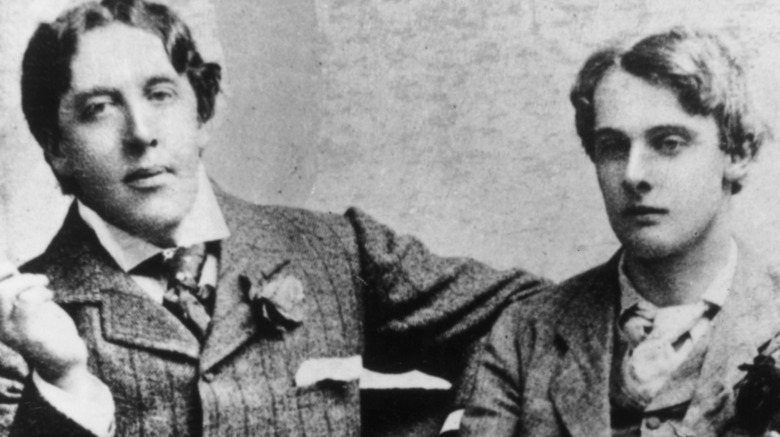
Lord Alfred Douglas: The Man Who Destroyed Oscar Wilde

Tragic Details About These Heirs And Heiresses
